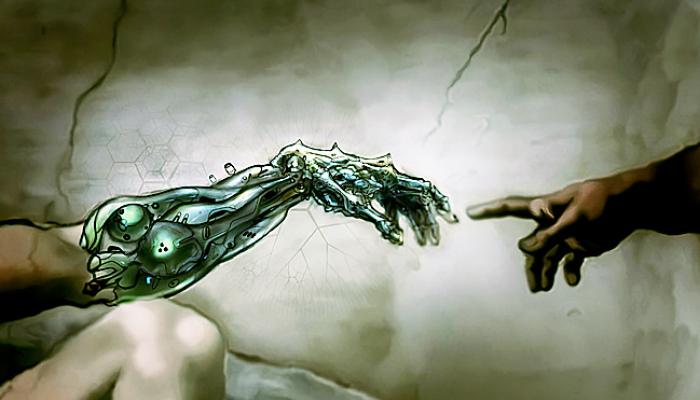The University of Wolverhampton has revealed the findings of its recent research project to understand what specific smells belong to the Black Country, and what memories they evoke in Black Country locals. Two community research events – entitled ‘Snidge Scrumpin’ – were held at Black Country Living Museum and Wolverhampton Art Gallery in November 2018 as part of the Being Human Festival, the only national festival of the humanities in the UK. University Psychologist Dr Tom Mercer has analysed the data collected at both events and will reveal which particular Black Country smells resonated with the participants, and which odours triggered strong, emotional memories with the locals. Sebastian Groes, Professor of English Literature in the School of Humanities at the University of Wolverhampton, said: “Our aim through the Snidge Scrumpin’ research is to demonstrate the importance of the smell and taste for our sense of regional history, and how place shapes us. The project will draw up the lost odours belonging to this post-industrial region whilst charting a new 21st-century palate.” Highlights of the result include:
• It is difficult to identify a smell, but especially for smells of burnt rubber and faggots;
• Familiar smells are likely to be rated as intense and pleasant, and are better at eliciting memories;
• The smell of paint and Teddy Grays herbal tablets were particularly successful at prompting memories;
• Memories recalled in response to the smells were overwhelmingly likely to come from childhood;
• The smell of paint and Teddy Grays elicited higher quality memories in those who grew up in the
Black Country in comparison to those who grew up elsewhere;
• Women rated smells as more intense than males, on average;
• Those aged between 45 and 54 recalled a greater number of memories than those aged 65 and over.
You can download the full results, here.


